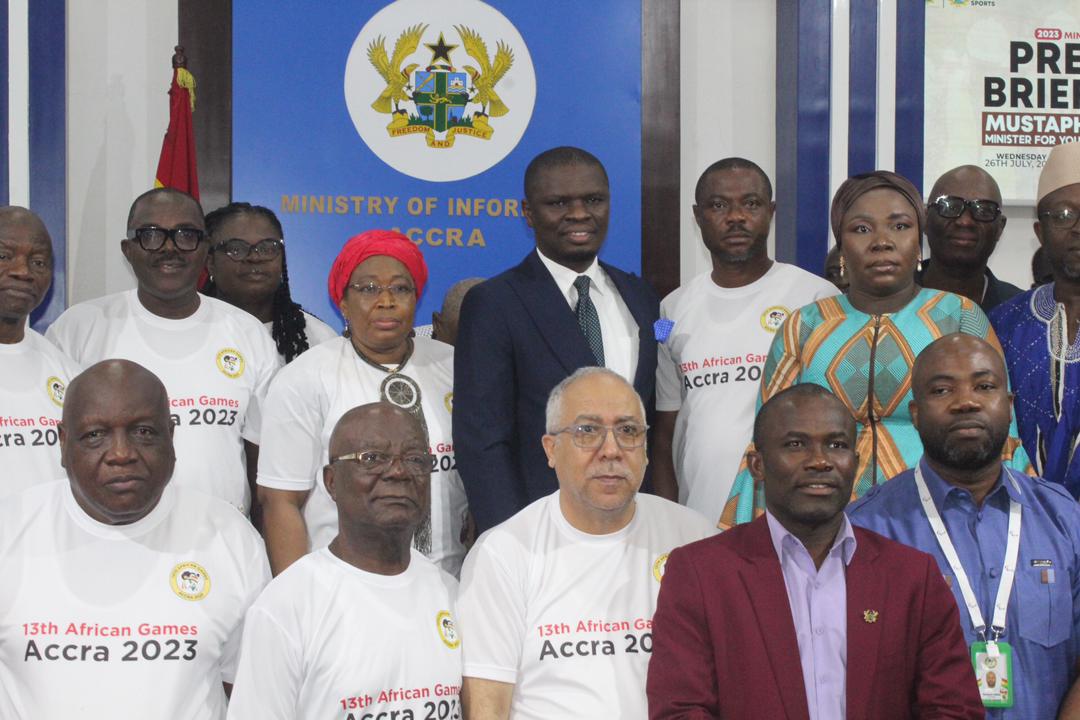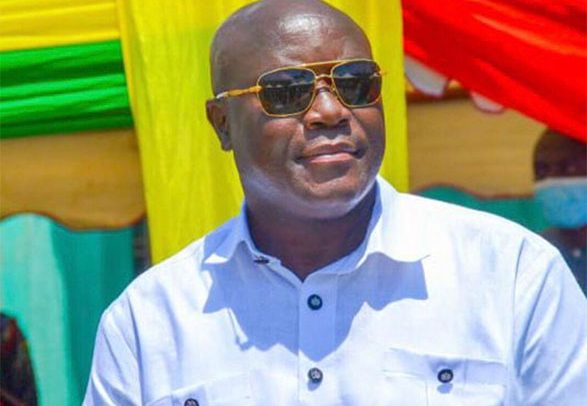
In early April 2025, U.S President Donald Trump invoked the International Emergency Economic Power Act to impose a universal 10 per cent tariff on all imports into the United States, including goods from Ghana.
According to the White House, the policy aims to address the U.S.’s trade deficit and perceived unfair trade practices by trading partners.
Data on Ghana’s Export to the US
As of 2023, according to Trading Economics, Ghana exported approximately $787.79 million worth of goods to the United States. The primary exports included mineral fuels and oils valued at $389.96 million, cocoa and preparations valued at $242.24 million, and apparel (knit and crocheted) valued at $35.89 million.
Also, the initial contact that can potentially lead to a real sales transaction) is valued at $33.50 million, oil seeds and oleaginous fruits valued at $26.28 million, rubber valued at $25.65 million, wood and wood products valued at $8.59 million, and edible fruits and nuts valued at $4.88 million.
Impact on Ghana’s Economy
Ghana’s export sector, particularly industries such as cocoa (cocoa derivatives, including processed cocoa products), textiles (garments and related products), and agricultural products (such as cashew nuts, shea butter, yams, fruits, and vegetables), as well as horticultural products, face significant challenges due to the new tariff.
These tariffs pose challenges for Ghanaian exporters, potentially reducing their competitiveness in the U.S. market and impacting export revenues.
Notably, some major exports like gold and crude oil, may be exempt from these tariffs, but uncertainties remain regarding their status.
The government of Ghana is engaging in discussions with the U.S. trade officials to address these concerns and explore possible exemptions or adjustments to the tariff policy.
A Call for Intra-African Trade Enhancement
The tariff imposition has prompted calls within Ghana and across Africa to strengthen intra-continental trade.
Mr Abraham Koomson, Secretary-General of the Ghana Federation of Labour, describes the tariff as a “wake-up call” for Africa to bolster economic resilience through enhanced trade among African nations.
Mr Koomson called on African leaders to respond with vision and unity, using tools like AfCFTA to chart a new path toward economic independence and shared prosperity.
He, however, cautioned, that the tariffs may end up hurting American consumers through increased production costs and higher prices.
Leveraging the African Continental Free Trade Area (AfCFTA)
The AfCFTA offers a strategic platform for African countries to mitigate the impact of external trade barriers by promoting internal trade. By focusing on the AfCFTA, Ghana and other African nations can reduce dependency on external markets, foster industrialization, and stimulate economic growth within the continent.
Strategic Responses and Opportunities
In response to the tariffs, Ghanaian exporters are exploring alternative markets within Africa. For instance, the Federation of Associations of Ghanaian Exporters (FAGE) is shifting focus from the U.S. market to opportunities within the AfCFTA framework. This strategic pivot aims to capitalize on the growing African market and lessen reliance on traditional partners.
Furthermore, policy think tanks like IMANI Africa have urged the government to diversify its trade partnerships beyond the U.S., emphasizing the importance of regional markets and partnerships with entities like China and the European Union to cushion the economy from external shocks.
Conclusion
While U.S. tariffs present immediate challenges for Ghana’s export sector, they also catalyze the nation and the continent to intensify efforts toward economic integration through AfCFTA. Ghana and its African counterparts can build a more resilient and self-sustaining economic future by enhancing intra-African trade, diversifying export markets, and reducing reliance on external partners.
By Daniel Adu Darko
GNA
Editor’s note: Views expressed in this article do not represent that of The Chronicle
The post Trump’s 10% Tariff: An eye-opener for Ghana, Africa appeared first on The Ghanaian Chronicle.
Read Full Story


























Facebook
Twitter
Pinterest
Instagram
Google+
YouTube
LinkedIn
RSS